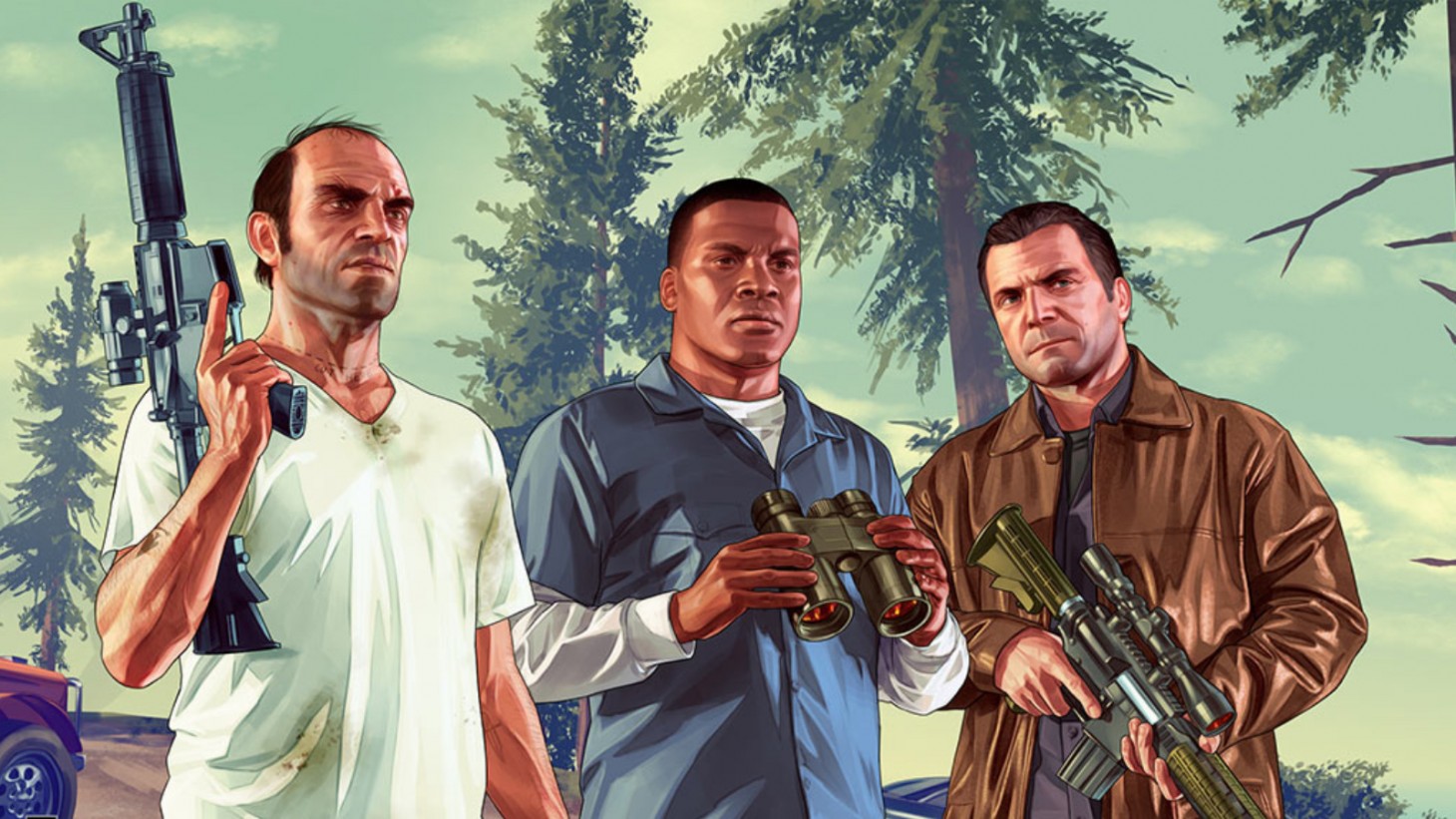The world remembers Grand Theft Auto V (GTA V) for its record-breaking sales, sprawling open world, and immersive gameplay. However, a recent interview with a former developer sheds light on a contrasting reality – a development process marred by pessimism and a potentially toxic work environment.
Behind the Scenes of a Gaming Giant: A Culture of Discontent
Jonathan Gwin, a former senior environment artist at Rockstar Games, provided a glimpse into the studio’s atmosphere during his tenure working on GTA V from 2011 to 2012. His description paints a stark picture, far removed from the glamorous image often associated with successful video game development.

Gwin’s primary concern centered on the pervasive negativity that permeated the development team. He describes a culture of pessimism, where both management and colleagues displayed a disheartening lack of enthusiasm for the project. Despite the immense success of previous Rockstar titles, Gwin highlights a sense of stagnation and resistance to innovation within the company’s leadership.
However, the most significant source of negativity, according to Gwin, stemmed from his fellow developers. He portrays a work environment saturated with complaints and negativity, which ultimately became a strain on his own morale. “I was oppressed not so much by the company itself as by the attitude of the people who surrounded me towards it,” Gwin reflects. “They complained so much and were so negative about everything…”
Gwin’s experience underscores the potential downsides of working in a highly demanding industry. Long hours, intense pressure, and missed opportunities for work-life balance can all contribute to employee discontent. In the worst-case scenario, such factors can create a breeding ground for negativity and a toxic work environment.
Leaving Paradise: In Search of a Positive Work Culture
Gwin’s decision to leave Rockstar Games in GTA V’s development highlights the impact a negative work environment can have on employee well-being. He describes a turning point where the constant negativity became untenable, prompting him to seek a more positive work environment elsewhere.
While Gwin’s experience is just one anecdote, it raises important questions about the working conditions within game development studios. Healthy work environments are crucial for fostering creativity, innovation, and ultimately, the creation of high-quality games.
A Look Towards the Future: Lessons Learned?
It’s important to acknowledge that Gwin’s experience took place over a decade ago. Rockstar Games has undoubtedly undergone significant changes since then. Reports suggest the company has taken steps to address employee concerns and cultivate a more positive work culture.
Whether these reported improvements have materialized remains to be seen. However, Gwin’s story serves as a valuable reminder of the importance of fostering positive work environments within the gaming industry. Prioritizing employee well-being and fostering a culture of collaboration and enthusiasm are essential ingredients for sustained success in the long run.
Frequently Asked Questions:
Does this mean Grand Theft Auto V was a bad game?
No, critical reception and commercial sales for Grand Theft Auto V were overwhelmingly positive. The game’s quality is a testament to the talent and dedication of the development team, despite the reported challenges they faced.
What have Rockstar Games done to improve its work environment?
There have been reports of Rockstar Games implementing changes to address employee concerns, such as converting contractors to full-time employees and offering more flexible work arrangements. However, the effectiveness of these changes is difficult to verify independently.
What are some signs of a toxic work environment?
Common signs of a toxic work environment include excessive negativity, lack of communication, unclear expectations, and an atmosphere of fear or intimidation. If you are experiencing these signs in your workplace, it’s important to seek support and consider exploring your options.




